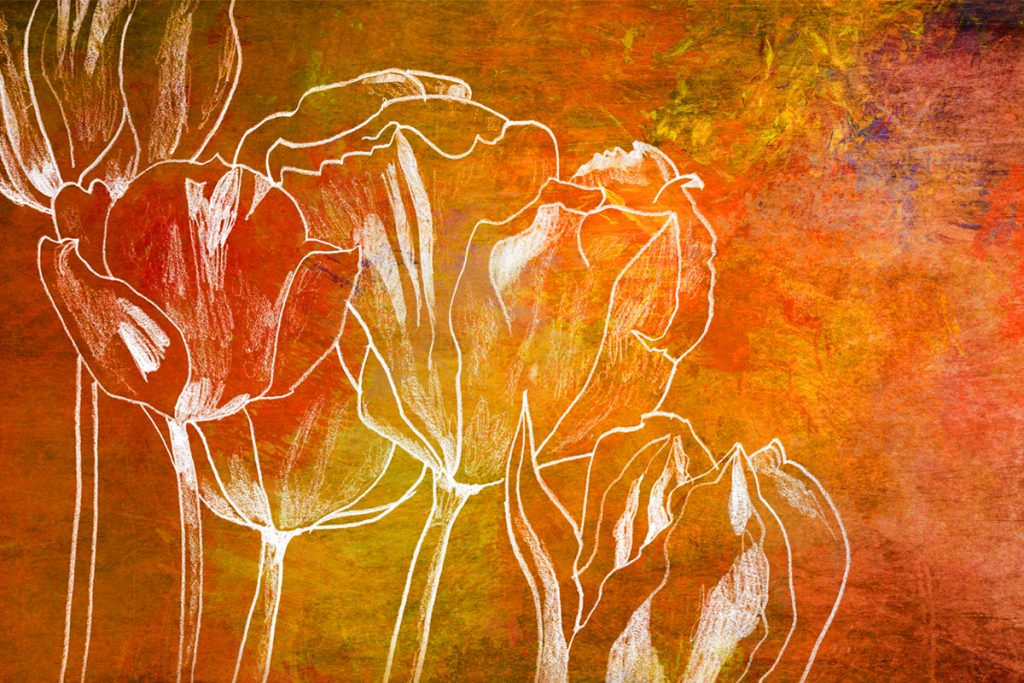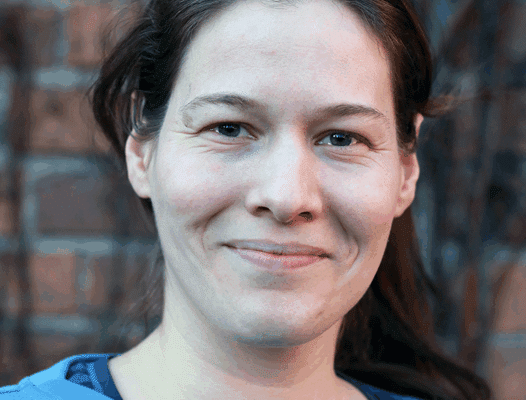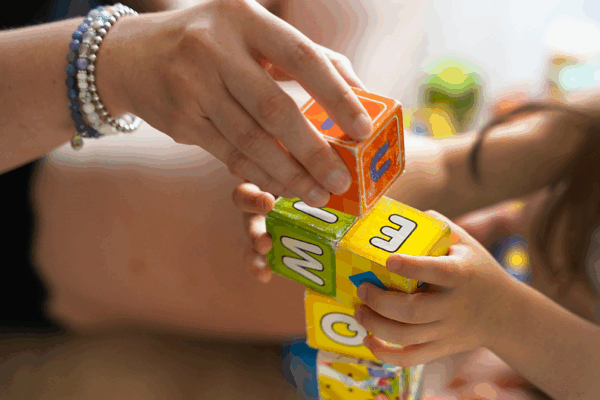- Academic Life
-
YOU ARE
- Community member
- Future Student
- Student
- Professor
- Alumni
- Media
- Guidance counsellors
- INRS retiree
- Contact Us
- Newsroom
- Careers
- FR
-
Studies
We teach the next generation of researchers to develop scientific, social, and technological innovations.
-
Research
We find solutions through interdisciplinary research and industry or public and community partnerships.
-
INRS
We play an active role in Québec's economic, social, and cultural development.
The Institut national de la recherche scientifique (INRS) and the entire INRS community join their voices with those from academic institutions across Canada to support the members of the Tk’emlúps te Secwépemc First Nation in the aftermath of the Kamloops Indian Residential School tragedy.

The news of the discovery of a mass grave containing the remains of 215 Aboriginal children on the grounds of the former residential school in British Colombia has shocked us all.
“We support the Tk’emlúps te Secwépemc First Nation’s will and commitment to shedding light on this tragedy. This horrific event reflects a dark yet important chapter in the history of Canada that must never be forgotten,” said Luc-Alain Giraldeau, General Director of the INRS.
In 2015, the Truth and Reconciliation Commission of Canada’s final report invited different governmental institutions to collaborate with Aboriginal groups to create and put strategies in place to identify, document, maintain, memorialize, and protect cemeteries and other sites where children who attended residential schools are buried. These initiatives also aim to honour the deceased children’s memory.
The INRS community supports this objective and sends its most sincere condolences to the families touched by this terrible event and to First Nations, Métis, and Inuit authorities. “We also send our condolences to the survivors of residential schools and their families,” added Dr. Giraldeau.
INRS campuses in Quebec City, Montreal, Laval, and Varennes will lower their flag to half-mast to honour the victims’ memory.
As National Indigenous History Month begins, the INRS reaffirms its commitment to recognizing Aboriginal aspects of past and present social concerns. We commit to responding to these by working to highlight Aboriginal contributions to academic research, to science, and to the advancement of knowledge.
“To move our reconciliation, reconstruction, and decolonization projects forward, we must know our past better and document its key developments up to the present. As researchers, it is our responsibility to listen to Aboriginal voices, recognize their relevance, and understand their scope,” concludes Carole Lévesque, Professor at the INRS and founder of the Réseau de recherche et de connaissances relatives aux peuples autochtones (DIALOG). DIALOG, founded in 2001, currently includes about one hundred researchers from 20 universities around the world, students from numerous disciplines, as well as diverse Aboriginal leaders and intellectuals.
You may also like

June 2, 2021
Márta Radó
June 2, 2021
For the well-being of all children
June 2, 2021
Regional Disparities in Access to EducationShare
